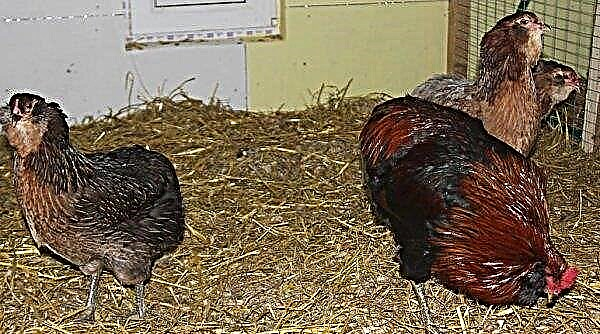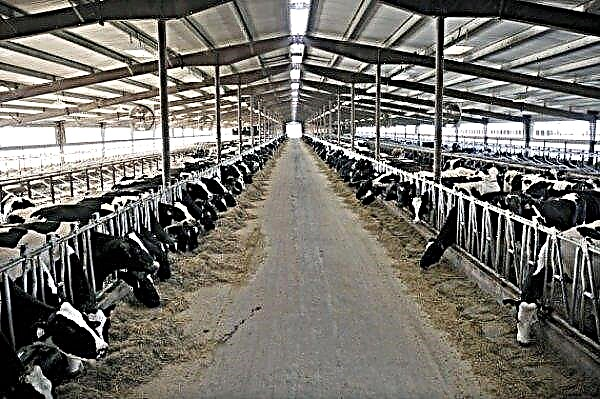German authorities have stepped up efforts to prevent African swine fever after several wild boars were found dead in Poland, only 40 km away. Currently, about ten countries of the European Union suffer from the disease, especially strong outbreaks occur in Bulgaria, Romania and Poland.
Agriculture Minister Julia Klöckner said Germany is releasing leaflets, posters and social media posts in several languages, urging people not to throw waste in border areas.
Germany's information campaign will target groups including travelers, truck drivers, farmers, hunters, harvest assistants and the military.
 Wild boars live about 10 years, and in captivity they can live 20 years.
Wild boars live about 10 years, and in captivity they can live 20 years.
Direct speech: “Recent cases show that the human factor plays an important role in the spread of the disease, for example, in the improper disposal of food waste,” Klöckner said.
She also mentioned that movement restrictions and hunting restrictions to reduce wild boar numbers would be established if the disease appeared in Germany.
The country is currently the largest pork producer in the EU, and exports to China have increased by 43% over the past 6 months due to a shortage of pork in the Chinese market. China, Vietnam, the Philippines, South Korea, and several other Asian countries have also been affected by the disease.
- Earlier, we reported that 9 infected boars were found in Poland near the border with Germany.
- Japan is preparing a series of measures that will increase biosecurity at pig farms in the event of an outbreak of ASF.
- Despite laboratory tests showing that there is no African swine fever in Southeast Asia, more than 4,000 pigs have died.
- We also wrote that in Russia there was a discussion of the epizootic situation in ASF and the causes of its outbreaks in the country.
- As African swine fever spreads across many Asian and European countries, pig owners in New Zealand are vigilant.












